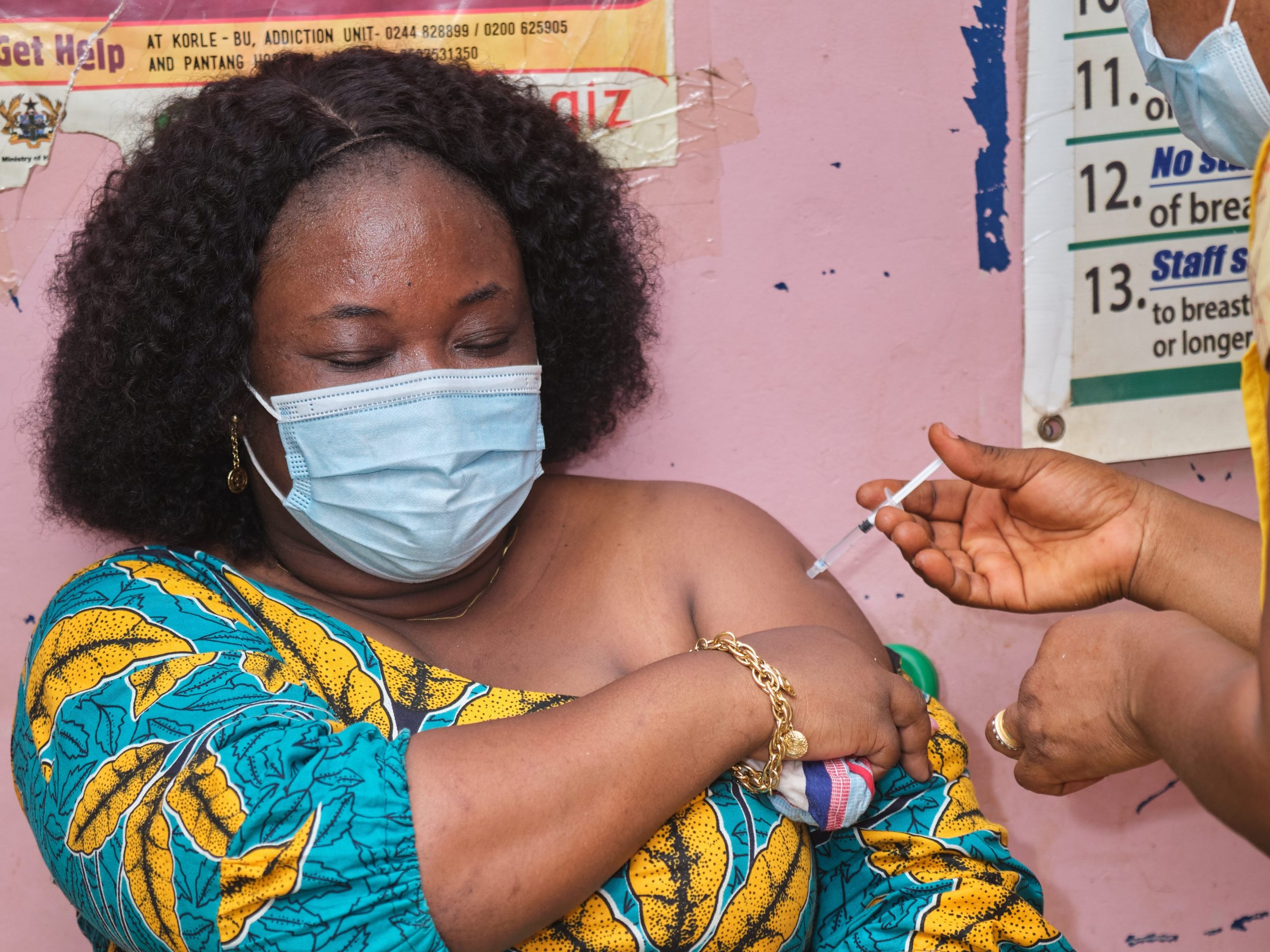
Zipline
- At the start of March, at least 47 poor countries reportedly had not given any COVID-19 shots.
- The data came from the People's Vaccine Alliance.
- Suspending patents would speed up production, experts said.
- See more stories on Insider's business page.
As wealthier nations speed up their COVID-19 vaccine rollout, poorer countries are being left behind.
Rich nations, on average, vaccinated one person every second throughout January and February, while the majority of the poorest nations are yet to give a single dose, according to the People's Vaccine Alliance.
Developing countries also face "critical shortages" of oxygen and medical supplies to cope with COVID-19 cases, the Alliance, a coalition of campaigning organizations including Oxfam, the International Trade Union Confederation, and ActionAid, said.
Vaccine doses are going to wealthier countries
To prevent wealthier countries from snatching up vital doses of the vaccine, groups including the World Health Organization (WHO) launched the COVAX scheme in April 2020.
Countries sign up to access an equal share of successful vaccine candidates, meaning the doses are shared among richer and poorer countries.
The companies behind the initiative said: "For lower-income funded nations ... COVAX is quite literally a lifeline and the only viable way in which their citizens will get access to COVID-19 vaccines."
Despite being a "phenomenal effort at international collaboration," Covax is "seriously underfunded," Ted Schrecker, professor of global health policy at Newcastle University Medical School, told Insider.
Covax made its first delivery to Ghana in February. Even as the doses procured through COVAX roll out to poor countries, however, the scheme will only be able to vaccinate 3% of their populations by mid-year, and "at best" 20% by the end of 2021, the Alliance said.
As of 4 March, at least 47 of the world's 79 lowest-income countries hadn't vaccinated any of their population, according to the Alliance.
In comparison, President Joe Biden said the US would have enough vaccines for every adult in America by the end of May.
Throughout the pandemic, groups including the People's Vaccine Alliance have been raising concerns about "vaccine nationalism." This is when richer countries hoard vaccines, while poorer countries are left scrambling to get their own stocks.
Dr. Tedros Adhanom Ghebreyesus, head of the WHO, said in February rich countries with only 16% of the world's population had purchased 60% of available vaccine supplies.
Suspending patents would speed up production
Vaccines doses need to be produced in different areas, priced affordably, allocated globally, and widely deployed for free in local communities, the Alliance said. "Thus far, the world is failing on all four fronts," it concluded.
The Alliance added that vaccine producers across the world would be ready to produce COVID-19 vaccines if the pharmaceutical companies with authorized vaccines shared their technology and expertise.
A modern factory should be able to start producing vaccines within four months if given the blueprint and technical advice, Suhaib Siddiqi, former director of chemistry at Moderna, said.
"It's an outrage that vaccine factories are lying idle, unable to produce COVID-19 vaccines because rich countries are prioritizing the patents of pharmaceutical companies ahead of the lives of people across the world," Nick Dearden, director of Global Justice Now, said. He urged pharmaceutical companies to suspend the patents on their COVID-19 vaccines so that they can be produced more quickly.
Gabriela Bucher, executive director at Oxfam International, said: "By allowing a small group of pharmaceutical companies to decide who lives and who dies, rich nations are prolonging this unprecedented global health emergency and putting countless more lives on the line."
Wealthier countries could be motivated to ensure all countries have access to a vaccine because of herd immunity beliefs, however.
"In order to control the virus, we need worldwide herd immunity, so between 60% and 72% of the population need immunizing," Alison Copeland, professor of human geography at Newcastle University, told Insider.
"This will hopefully be enough incentive for richer countries to help out."